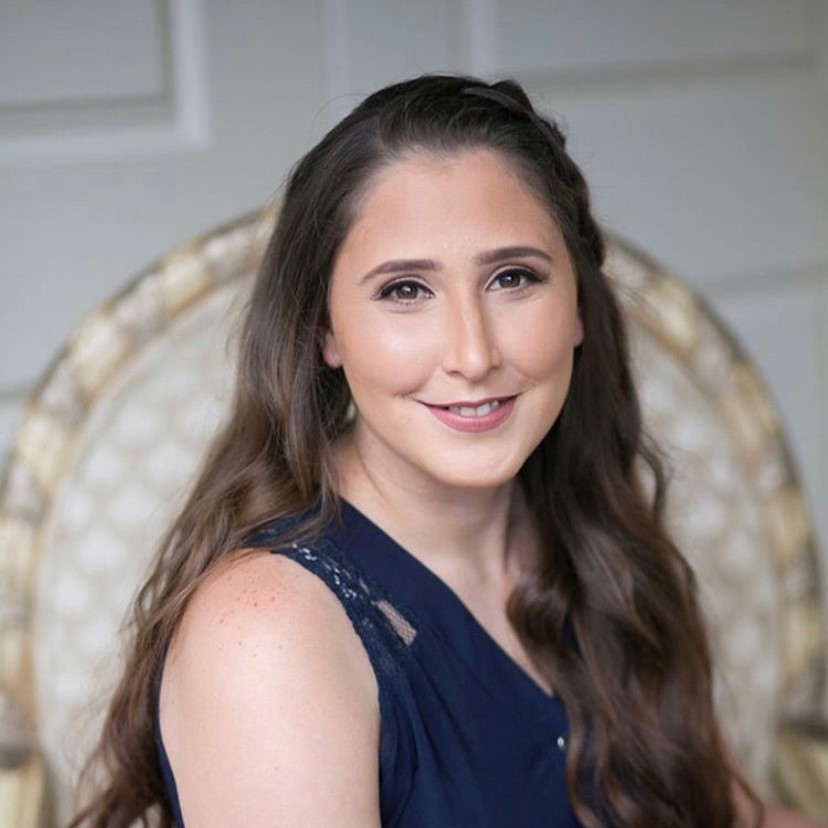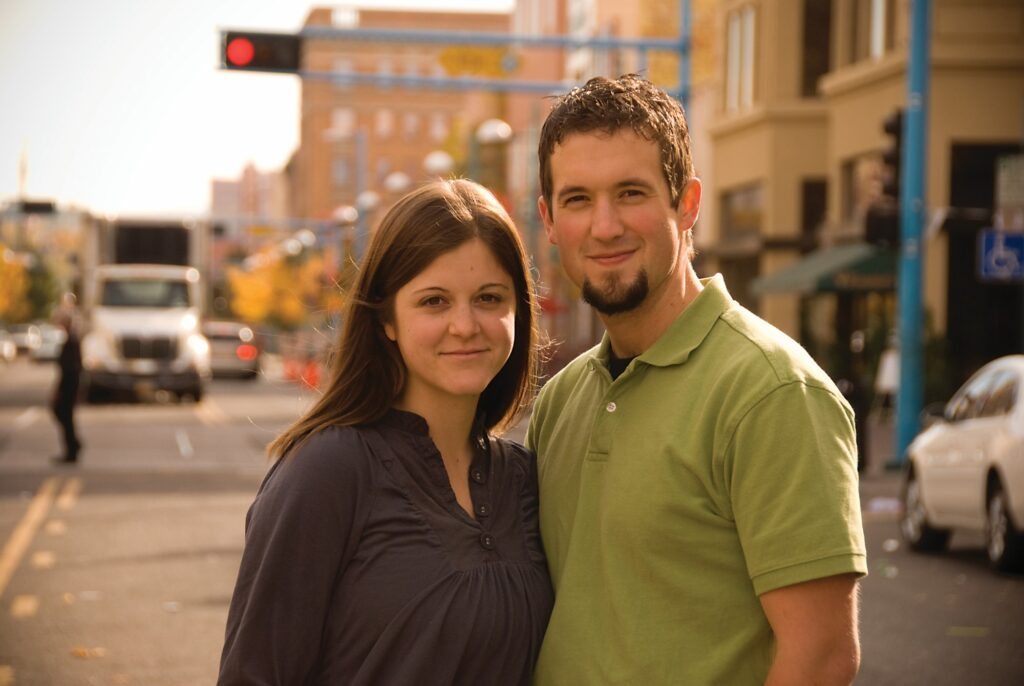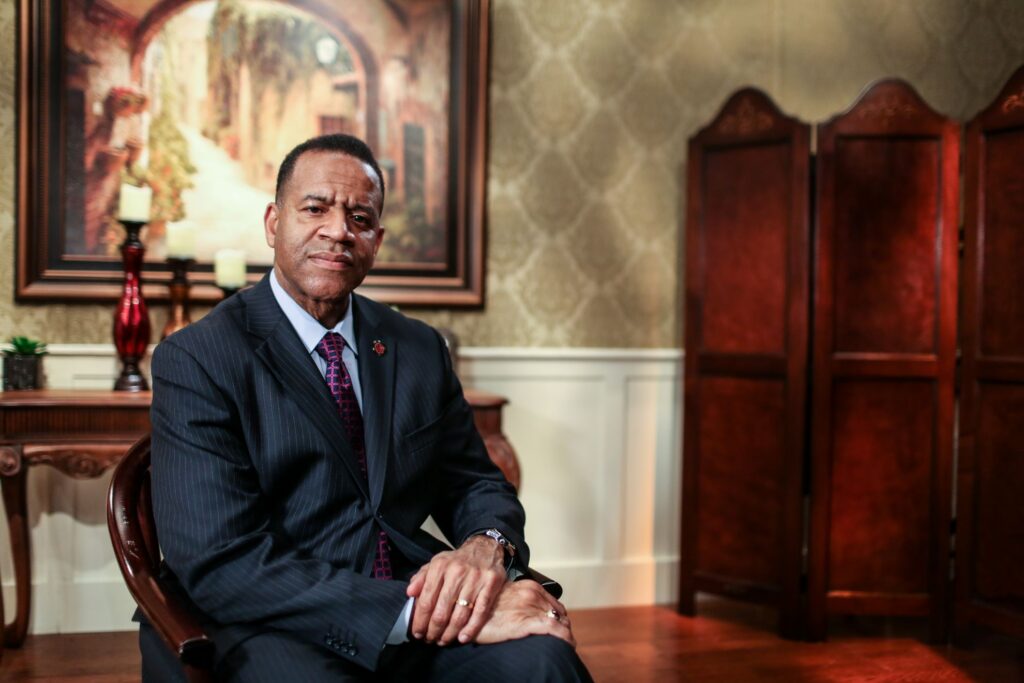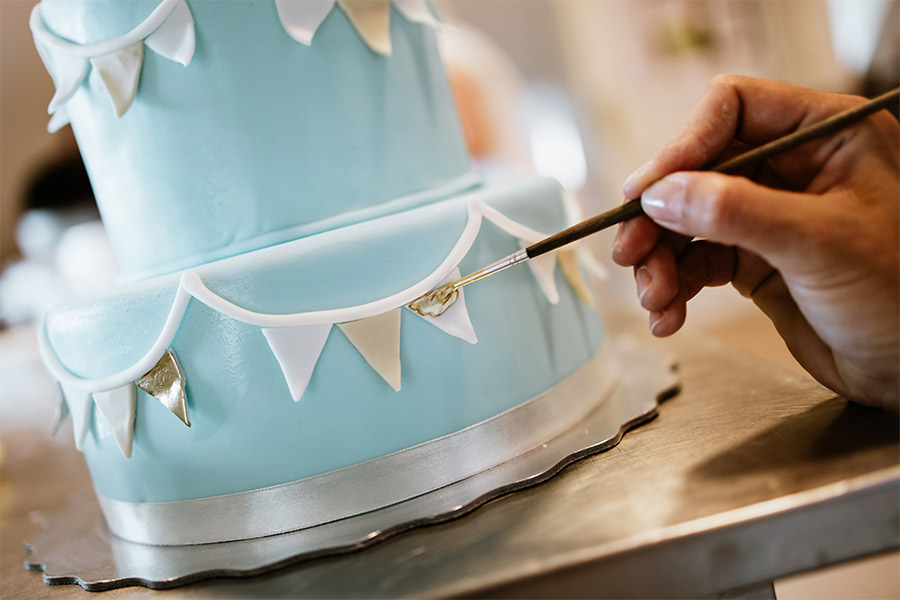
“Just bake the cake.”
These four words must have been uttered countless times about me and my mother after we declined to create a cake that expressed a message we disagreed with. I imagine the same thing has been said or thought about cake artist Jack Phillips during his years in court.
But what the people repeating these four words often don’t seem to understand is cake artists like me, my mother, and Jack don’t just bake cakes. We create them. Our cakes are more than just a mixture of eggs, flour, and other ingredients that get thrown in the oven. Our cakes are like canvases. We paint, sculpt, and design to create pieces of art that mean something. We should be free to choose what messages our designs express.
My cakes are expressive
My mother and I operate a bakery in Florida. We have designed a wide range of cakes. From those with “Harry Potter” or “Stranger Things” themes, to cakes shaped like a Yeti cooler or a pot of seafood, to many others.
We carefully craft each cake to celebrate, commemorate, or amplify the occasion for the request.
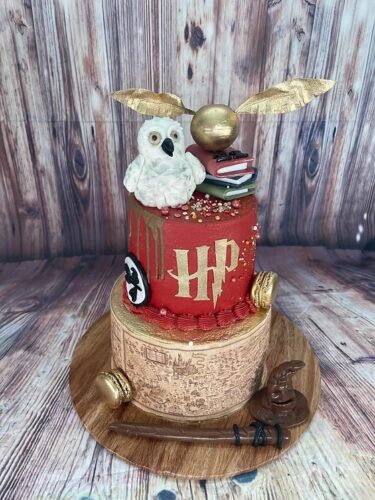
Baking lays the foundation for the creative process. For me, I imagine the blank, baked cake is like an empty page for an author or a block of marble for a sculptor—at that point, the creative possibilities are practically endless. I often carve the cake, add features here and there, mix icing into paint-like colors, and apply all those elements to craft a one-of-a-kind, standalone tasty tower.
But my mother and I don’t accept every request we receive. Because we consider our creations as artwork, there are some messages we can’t express. That is why we declined a request from a prospective customer who asked us to create a cake we felt was demeaning to the LGBTQ+ community. We believed we had the artistic freedom to make those choices. So we thought that was the end of it.
Unfortunately, the prospective customer filed a lawsuit accusing us of discrimination. He said we were refusing to serve him because of his religious beliefs, but that wasn’t the case. We simply could not create a cake with a message we believe is hurtful, and we would not express such a message on our cakes for any customer—regardless of their beliefs.
Thankfully, a judge in Florida dismissed the complaint. As the judge said, we did not decline the order because of the customer’s religious beliefs, but because we “considered [his] message mean-spirited, regardless of his religion.” We declined because of the message, not the person. The Colorado Supreme Court should recognize the same for Jack Phillips.
Cake artists should be free to choose which messages they express
Jack has already received a favorable ruling from the U.S. Supreme Court in one lawsuit. Now he is being targeted again simply for following his beliefs.
In the most recent lawsuit, someone accused Jack of discrimination for declining to create a custom cake that was pink on the inside and blue on the outside to symbolize and celebrate a gender transition. Jack declined to create the cake because he could not express such a message for any customer.
Contrary to some arguments, the cake Jack was asked to create would express a message. My mother and I have created many cakes celebrating baby showers, and those cakes often use the colors blue and pink to express messages about gender. In the same way, the cake requested of Jack would convey a message about gender, too.
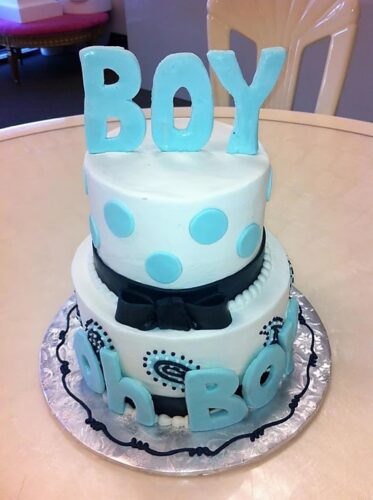
Even though I disagree with Jack on some LGBTQ+ issues, I know how important it is for the Colorado Supreme Court to protect everyone’s right to free speech. If government officials can force Jack to express certain messages, they can force me, my mother, and other cake artists to do the same. And that harms all of us. That is why I was more than happy to file a friend-of-the-court brief supporting Jack’s freedom.
We have already seen the nation’s highest court protect free speech in a case called 303 Creative v. Elenis, which involved the same Colorado law being used to target Jack. I also signed a friend-of-the-court brief in that case explaining why it was wrong for state officials to force graphic artist Lorie Smith to promote ideas contrary to the core of who she is. This issue is that important to me.
“[T]he freedom to think and speak is among our inalienable human rights,” the Court’s majority wrote. “By allowing all views to flourish, the framers understood, we may test and improve our own thinking both as individuals and as a Nation.”
This same logic now applies in Jack’s case. The First Amendment protects everyone’s right to speak freely, one of the most important liberties safeguarded by the Constitution. All Americans should be free to choose which messages we express—and which ones we don’t.


